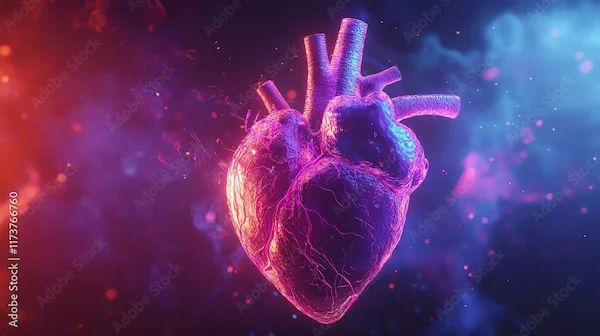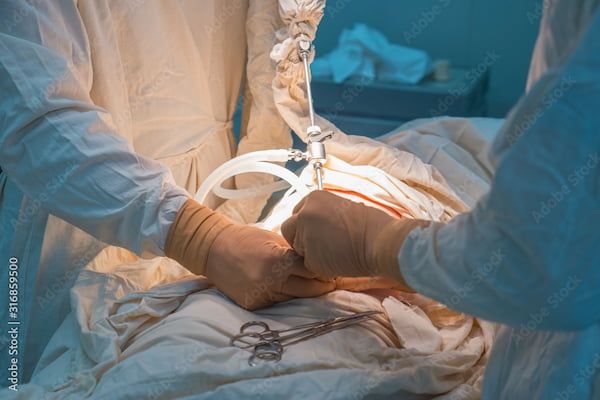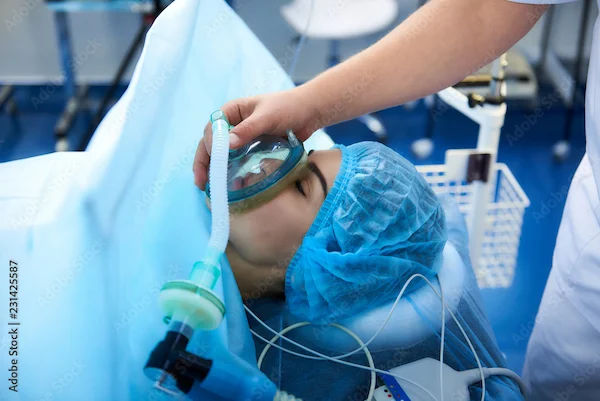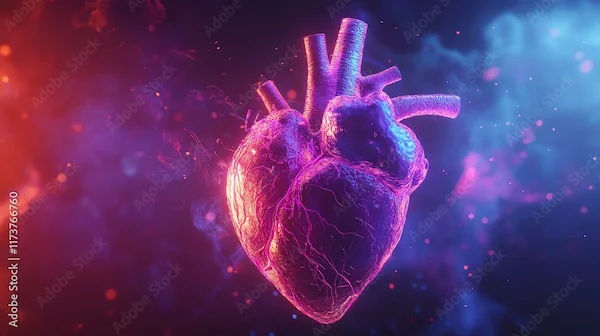Causes Of Heart Attacks In Young People
Explore the common causes of heart attacks in young people, including genetic factors, lifestyle habits, substance use, and underlying medical conditions that increase cardiovascular risk.
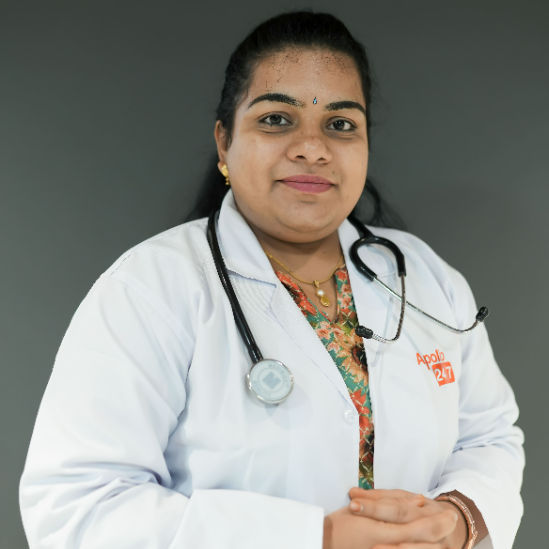
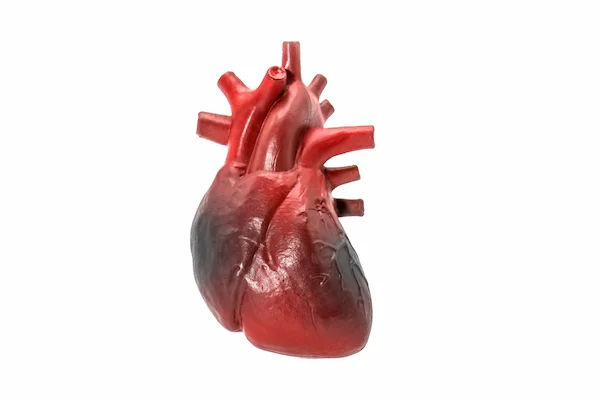
Introduction
Heart attacks are often associated with older adults, but they can also affect young people, sometimes with devastating consequences. If you're in your 20s, 30s, or 40s, you might think you're too young to worry about heart disease. However, lifestyle choices, genetics, and underlying health conditions can increase the risk even at a younger age.
In this article, we’ll explore why heart attacks happen in young people, what symptoms to watch for, and how you can reduce your risk.
Why Are Heart Attacks Happening in Young People?
Several factors contribute to heart attacks in younger individuals. Some are within your control, while others, like genetics, are not. Here are the most common causes:
1. Unhealthy Lifestyle Choices
Poor Diet: Eating too much processed food, fried items, and sugary drinks can lead to obesity, high cholesterol, and diabetes—all of which strain the heart.
Lack of Exercise: A sedentary lifestyle weakens the heart and blood vessels, increasing the risk of blockages.
Smoking & Vaping: Tobacco and e-cigarettes damage blood vessels, raise blood pressure, and reduce oxygen supply to the heart.
Excessive Alcohol: Heavy drinking can lead to high blood pressure and irregular heart rhythms.
2. Stress & Mental Health
Chronic stress, anxiety, and depression can trigger inflammation and high blood pressure, both of which contribute to heart disease. Young professionals facing work pressure, financial stress, or emotional turmoil are particularly at risk.
3. Underlying Health Conditions
High Blood Pressure (Hypertension): Often silent but dangerous, it damages arteries over time.
High Cholesterol: Excess LDL ("bad" cholesterol) builds up in arteries, causing blockages.
Diabetes: Poorly controlled blood sugar damages blood vessels and nerves connected to the heart.
Obesity: Excess weight increases strain on the heart and worsens other risk factors.
4. Genetic Factors
A family history of heart disease, especially if a parent or sibling had a heart attack before age 55 (for men) or 65 (for women), increases your risk. Genetic conditions like familial hypercholesterolemia can also cause early heart disease.
5. Drug Abuse
Stimulants like cocaine and amphetamines can cause sudden heart attacks by spiking blood pressure and triggering artery spasms.
6. Undiagnosed Heart Problems
Some young people have undetected conditions like:
Coronary Artery Abnormalities: Birth defects in heart arteries.
Hypertrophic Cardiomyopathy: A thickened heart muscle that disrupts blood flow.
Arrhythmias: Irregular heartbeats that can lead to sudden cardiac arrest.
Warning Signs of a Heart Attack in Young People
Heart attack symptoms can be different in younger individuals compared to older adults. Some may experience classic signs, while others have milder or unusual symptoms. Watch out for:
Chest pain or discomfort
Pain spreading to the arms, neck, jaw, or back
Shortness of breath
Cold sweats, nausea, or dizziness
Unexplained fatigue
Consult Top Specialists for Personalised Tips
Note: Some young people dismiss symptoms as indigestion or muscle pain. If you experience any of these, seek medical help immediately.
How to Reduce Your Risk?
The good news is that many risk factors are preventable. Here’s how you can protect your heart:
1. Adopt a Heart-Healthy Diet
Eat more fruits, vegetables, whole grains, and lean proteins.
Reduce salt, sugar, and processed foods.
Choose healthy fats (like nuts, olive oil, and fish) over trans fats.
2. Stay Active
Aim for at least 150 minutes of moderate exercise (like brisk walking) per week.
Strength training twice a week helps maintain heart health.
3. Quit Smoking & Limit Alcohol
If you smoke, seek help to quit—your heart starts healing within weeks.
If you drink, limit to 1 drink per day for women, 2 for men.
4. Manage Stress
Practice relaxation techniques like meditation, yoga, or deep breathing.
Get enough sleep (7-9 hours per night).
5. Regular Health Check-ups
Monitor blood pressure, cholesterol, and blood sugar regularly.
If you have a family history of heart disease, consult a doctor for early screening.
When to See a Doctor?
If you have any risk factors or experience unusual symptoms, don’t ignore them. Early detection can save your life.
Apollo 24|7 makes it easy to book heart health check-ups or consultations with cardiologists from home. You can:
Get a lipid profile, ECG, or stress test done.
Consult a specialist for personalised advice.
Conclusion
Heart attacks in young people are rising, but awareness and preventive steps can make a big difference. By making smart lifestyle choices, managing stress, and staying on top of your health, you can protect your heart for years to come.
If you’re concerned about your heart health, schedule a consultation today and take the first step toward a healthier future.
Consult Top Cardiologists
Consult Top Specialists for Personalised Tips

Dr. Sumanta Chatterjee
Cardiologist
12 Years • MBBS,MD General Medicine,DM Cardiology
Kolkata
HealthYou Speciality Clinic & Diagnostics., Kolkata
(25+ Patients)

Dr. Amit. A. Bharadiya
Cardiologist
12 Years • MBBS, MD General Medicine, DNB Cardiology, FSCAI
Maharashtra
Surabhi Hospital, Maharashtra, Maharashtra
Dr. Jayarajah Mariappan
Cardiologist
45 Years • MBBS, MD(GEN MEDICINE), DM(CARDIOLOGY)
Chennai
Sooriya Hospital, Chennai
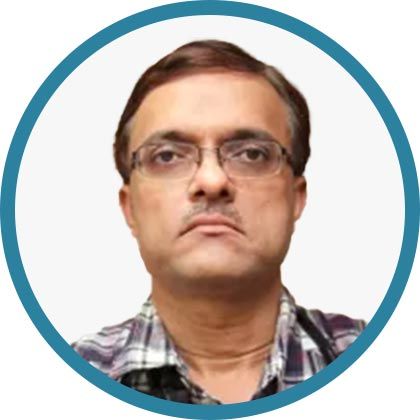
Dr. S B Bhattacharyya
Cardiologist
22 Years • MBBS, MD(General Medicine),DM (Cardiology)
Kolkata
Gariaheart Clinic, Kolkata

Dr. Aditya Verma
Cardiologist
13 Years • MBBS, MD General Medicine, DM Cardiology
Kolkata
Apollo Clinic_Opposite South City Mall, Kolkata
Consult Top Cardiologists

Dr. Sumanta Chatterjee
Cardiologist
12 Years • MBBS,MD General Medicine,DM Cardiology
Kolkata
HealthYou Speciality Clinic & Diagnostics., Kolkata
(25+ Patients)

Dr. Amit. A. Bharadiya
Cardiologist
12 Years • MBBS, MD General Medicine, DNB Cardiology, FSCAI
Maharashtra
Surabhi Hospital, Maharashtra, Maharashtra
Dr. Jayarajah Mariappan
Cardiologist
45 Years • MBBS, MD(GEN MEDICINE), DM(CARDIOLOGY)
Chennai
Sooriya Hospital, Chennai

Dr. S B Bhattacharyya
Cardiologist
22 Years • MBBS, MD(General Medicine),DM (Cardiology)
Kolkata
Gariaheart Clinic, Kolkata

Dr. Aditya Verma
Cardiologist
13 Years • MBBS, MD General Medicine, DM Cardiology
Kolkata
Apollo Clinic_Opposite South City Mall, Kolkata
